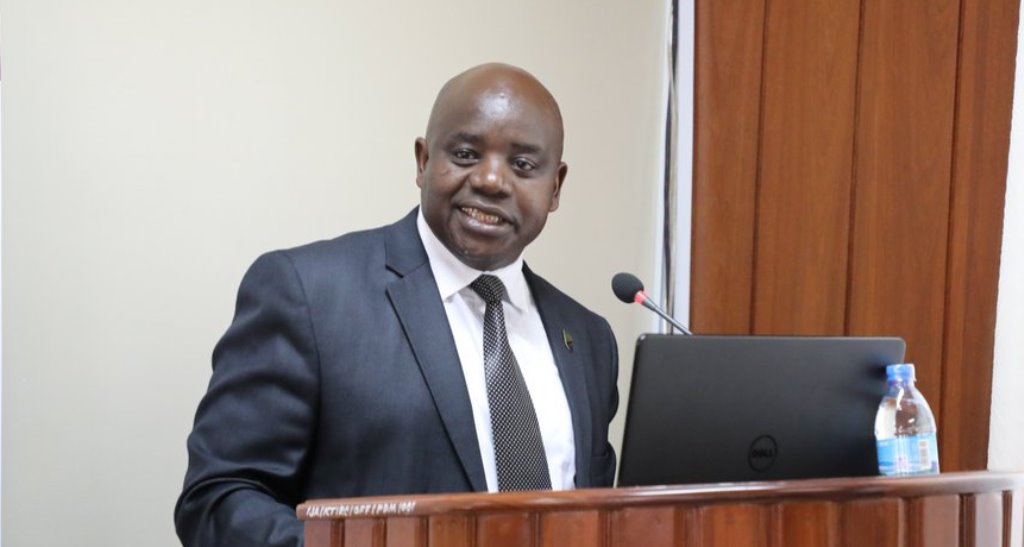AfricaPress-Tanzania: THE Judiciary has said all criminal cases should be filed before District and Resident Magistrate’s Courts after the completion of investigations for the objective of expediting trials and decongesting court premises and prisons.
Principal Judge, Dr Eliezer Feleshi announced the bold decision at a press conference in Dar es Salaam yesterday when pronouncing measures taken by the Judiciary to curb the outbreak of the coronavirus.
Speaking on behalf of the Judiciary’s leadership, Dr Feleshi, asked investigators and arresting officers to comply with the Government Notice (GN) No. 296 of 2002, requiring them not to take suspects accused of committing normal offences to court without completion of investigations.
“This is a legal requirement that should be followed by all arresting officers and investigators,” the principal judge said.
He was, however, quick to point out that, capital offences such as murder and the like would not be covered in such new legal development.
Dr Feleshi further directed all parties filing cases without legal complications at Primary Court level to proceed once the plaintiff is ready for the hearing, including being armed with all necessary material evidence and witnesses.
Furthermore, the principal judge ordered the Judge in Charge of all High Court Zones and Divisions as well as Resident Magistrates in Charge of both Districts and Resident Magistrate’s Court to assign to the parties involved a specific date and time within which to conduct court proceedings.
He asked the parties involved in a particular matter to provide reachable addresses and observe time and other directives that would be given to facilitate such new arrangements of conducting court proceedings.
Such measures, he said, were also aimed at reducing congestions in court buildings.
The principal judge announced other measures the Judiciary has taken to prevent the deadly disease as encouraging litigants and parties to the case to maximise the use of various Information and Communication Technology (ICT) systems currently in operation for diverse judicial functions.
“The Judiciary has increased the use of these systems in the Dar es Salaam Zone. All criminal cases set for mention involving remand prisoners will not be transported from Keko and Segerea Prisons. Instead, such cases would be conducted through video conferences to avoid overcrowding,” he said.
According to him, the procedures are made at the High Court Zone of Mbeya and Bukoba, where there were other such services to install enabling facilities to prisons, similar to Dar es Salaam, while there were other efforts of doing the same in other areas countrywide.
The principal judge further encouraged the wananchi, advocates, state attorneys and other parties to continue filing cases electronically through the E-Filing system or online case registration to avoid congestions in court premises. He assured them that once processed they would be notified.
As of yesterday, 4,170 cases have been filed through the system.
“The Judiciary will be conducting education programs on how to register cases, obtain information as well as provide electronic registration assistance by starting with courts with many cases that can lead to crowding,” he said.
Dr Feleshi directed all Deputy Registrars and Magistrates in Charge to ensure that all electronic registrations are served as soon as they reach into the Judiciary’s system and the information should be returned to the client within the shortest possible time.
Speaking at the same occasion, High Court Judge in Charge of the Dar es Salaam Zone, Judge Lameck Mlacha informed the public on the restriction of the number of people required to attend court sessions, saying only responsible persons and officers of the court would be allowed to attend.
“Those coming in groups to attend a particular case are strictly prohibited. Only responsible persons with cases, such as accused persons, parties to a litigant, advocates and officers of court are allowed. The rest should remain home,” he said.







